Our Class Names
We wanted our class names to have significance and to reflect the fact that our school is on the site of the old Kent and Sussex hospital. We decided to choose names of famous men and women from the world of medicine and health.
Year R ‘Nightingale’
 |
Florence Nightingale (12 May 1820 – 13 August 1910)
was a celebrated English social reformer and statistician, and the founder of modern nursing. She came to prominence while serving as a nurse during the Crimean War, where she tended to wounded soldiers. She was known as "The Lady with the Lamp."
|
Year 1 ‘Seacole’
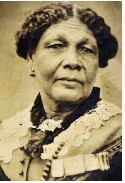 |
Mary Seacole (1805 – 14 May 1881) was a Jamaican-born nurse who set up a 'British Hotel' behind the lines during the Crimean War, which she described as "a mess-table and comfortable quarters for sick and convalescent officers.” She was posthumously awarded the Jamaican Order of Merit in 1991. In 2004 she was voted the greatest black Briton. |
Year 2 ‘Jenner’
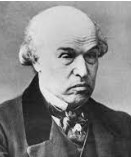 |
Sir William Jenner (30 January 1815 – 11 December 1898) was a significant English physician primarily known for having discovered the distinction between typhus and typhoid. In 1861 he was appointed Physician Extraordinary, and in 1862 Physician in Ordinary, to Queen Victoria. |
Year 3 'Lister'
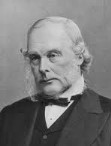 |
Sir Joseph Lister (5 April 1827-10 February 1912) was a British surgeon and pioneer of antiseptic surgery. He successfully introduced processes to sterilise instruments and clean wounds making surgery safer for patients. |
Year 4 'Cavell'
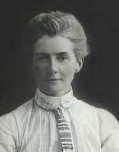 |
Edith Cavell (1865-1915) was a British nurse during the First World War. She went to Belgium to run a hospital and saved the lives of soldiers from both sides. She helped over 200 Allied soldiers escape from German-occupied Belgium. Edith decided to help them despite the risk to herself. When the network was betrayed, she was arrested, tried by a court martial, found guilty of treason and sentenced to death. |
Year 5 'Garrett'
 |
Elizabeth Garrett Anderson LSA (9 June 1836 – 17 December 1917), was an English physician and suffragette, the second Englishwoman to qualify as a physician and surgeon in Britain, the co-founder of the first hospital staffed by women, the first dean of a British medical school, the first female doctor of medicine in France, the first woman in Britain to be elected to a school board and, as Mayor of Aldeburgh, the first female mayor and magistrate in Britain. |
Year 6 'Bannister'
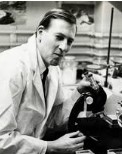 |
Sir Roger Bannister was the first man to run a sub four-minute mile - one of the most iconic athletic milestones. Born in 1929, he studied medicine at Oxford University and represented Great Britain in the 1952 Olympics in Helsinki. Inspired by the intensive training and three gold medals of Emil Zatopek, Bannister decided to make a determined effort to beat the magical four minute barrier for the mile. He achieved this on 6 May 1953.  After breaking the record, Bannister concentrated on his medical career and remained modest about his ground breaking achievement. |








